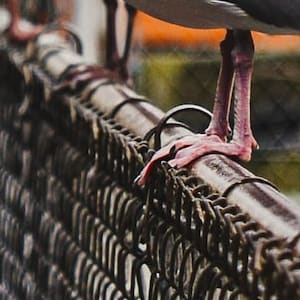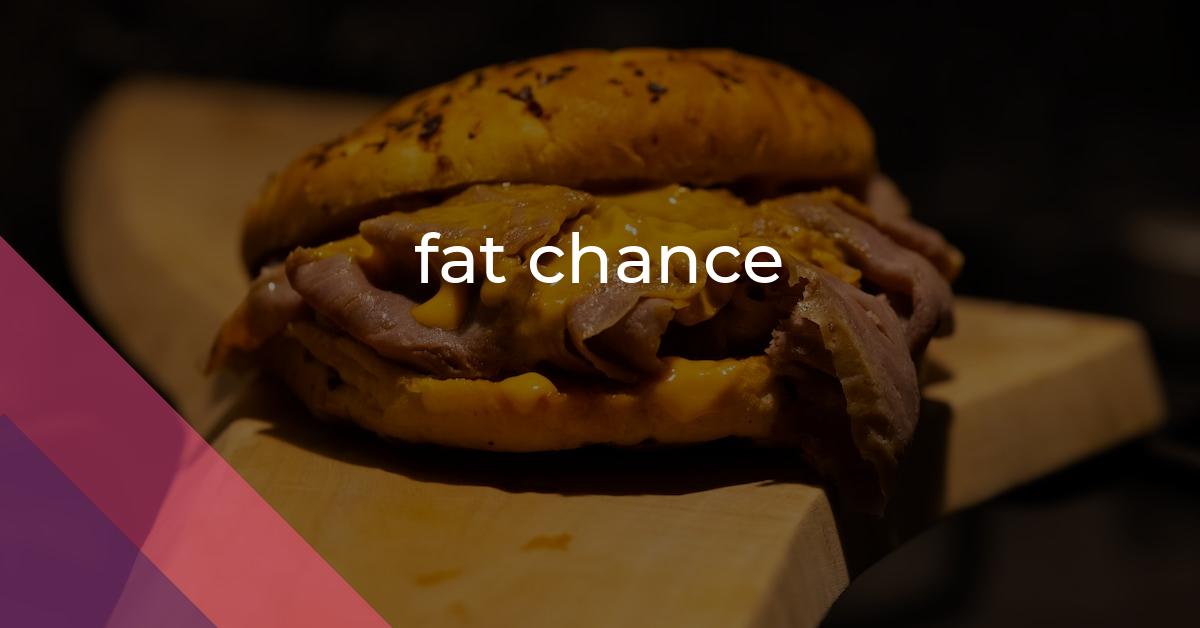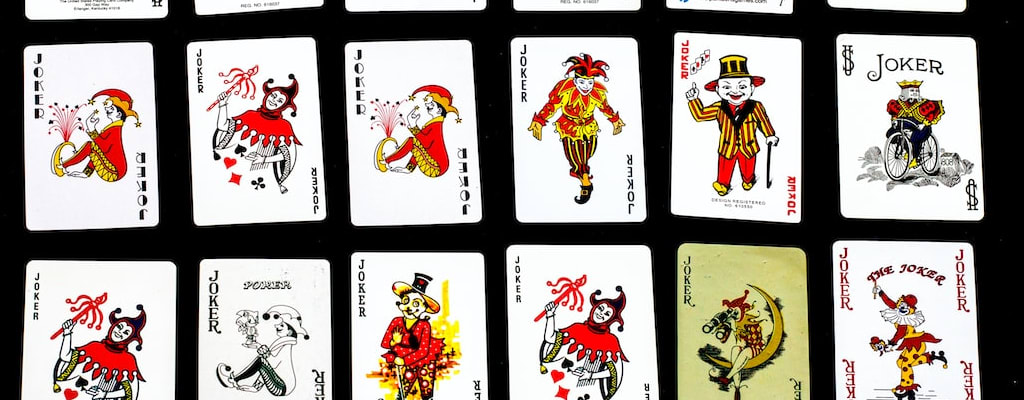fat chance: Idiom Meaning and Origin
What does ‘fat chance’ mean?
The idiom "fat chance" is used sarcastically to convey that there is no or little likelihood of something happening.

Idiom Explorer
The idiom "no chance" means there is no possibility or opportunity for something to happen or be successful.
The idiom "hope against hope" means to continue hoping for something despite there being little or no chance of it happening.
The idiom "fighting chance" means a reasonable opportunity or possibility to succeed, despite facing difficult or unfavorable circumstances.
The idiom "fancy one's chances" means to believe or have confidence in one's likelihood of success in a particular situation or endeavor.
The idiom "dumb luck" refers to a situation where someone achieves success or good fortune purely by chance or luck, without any skill or effort on their part.
The idiom "don't hold your breath" means to not expect something to happen or to not have high hopes for a particular outcome.
The idiom "dog's chance" refers to having very little or no possibility of success or survival in a given situation.
The idiom "cold day in Hell" refers to a highly unlikely event or situation.
The idiom "chances are" implies the likelihood or probability of something happening. It suggests that the outcome is likely to occur based on existing circumstances, although it does not guarantee it.
Slim Odds
The idiom "fat chance" is believed to have originated in the early 20th century in the United States, although its exact origin and first usage remains unclear. This phrase is used to express extreme unlikelihood or impossibility, often in a sarcastic or ironic manner.
In the idiom "fat chance," the word "fat" is used as an adjective to mean something substantial, significant, or highly unlikely. The word "chance" refers to the possibility of something happening. When combined, this idiom conveys a slim or non-existent likelihood of something occurring.
While there are various theories surrounding the origin of this idiom, none have been definitively proven. One theory suggests that it may have originated from a sarcastic remark made by a theater director to an aspiring actor, implying that there was no chance of success due to their physical appearance. Another theory suggests that it may have arisen from a humorous or ironic remark made in response to an unlikely proposal or request.
Despite its uncertain origins, "fat chance" has become a widely recognized idiom in the English language. It is frequently used in both formal and informal contexts to express skepticism or to dismiss the possibility of something occurring. The idiom has also been adopted in various forms in other languages, although its popularity and specific usage may vary.
When used in conversation or writing, the idiom "fat chance" serves as a quick and effective way to convey a sense of unlikelihood or implausibility. It is often employed to express doubt or disbelief, emphasizing the speaker's skepticism towards a particular outcome.
Another related idiom is "no chance." Like "fat chance," this idiom conveys a sense of extreme unlikelihood or impossibility. However, "no chance" is more straightforward and lacks the sarcasm or irony present in "fat chance." It simply states that there is no possibility of something happening.
A similar idiom is "dog's chance." This phrase also expresses a slim or non-existent likelihood of something occurring. It is often used to emphasize the unlikelihood of success or favorable outcome in a particular situation.
"chance'd be a fine thing" is yet another related idiom. This phrase is used to express skepticism or doubt regarding the likelihood of a positive outcome. It implies that the chances of something happening are so slim that they are almost non-existent.
"a cold day in July" is an idiom that conveys extreme unlikelihood. It suggests that the chances of a particular event occurring are so improbable that it would require a reversal of the natural order of things.
The phrase "chances are" is used to express the likelihood or probability of something happening. It indicates that there is a reasonable expectation of a particular outcome based on the circumstances or information available.
The idiom "fat chance" originated in the United States in the early 20th century and is used to express extreme unlikelihood or impossibility. It sarcastically or ironically dismisses the possibility of something occurring. The related idioms "no chance," "dog's chance," "chance'd be a fine thing," "a cold day in July," and "chances are" all convey similar notions of unlikelihood or improbability. These idioms serve as succinct ways to express doubt, skepticism, or disbelief, and are widely recognized and used in conversational and written contexts.
Example usage
Examples of how the idiom "fat chance" can be used in a sentence:
- There's a fat chance of getting tickets for the concert at such short notice.
- He asked his boss for a raise, but with the current economic situation, there's a fat chance of that happening.
- I told my friend to try out for the basketball team, but since he can't even dribble properly, there's a fat chance he'll make it.
More "Hope" idioms



